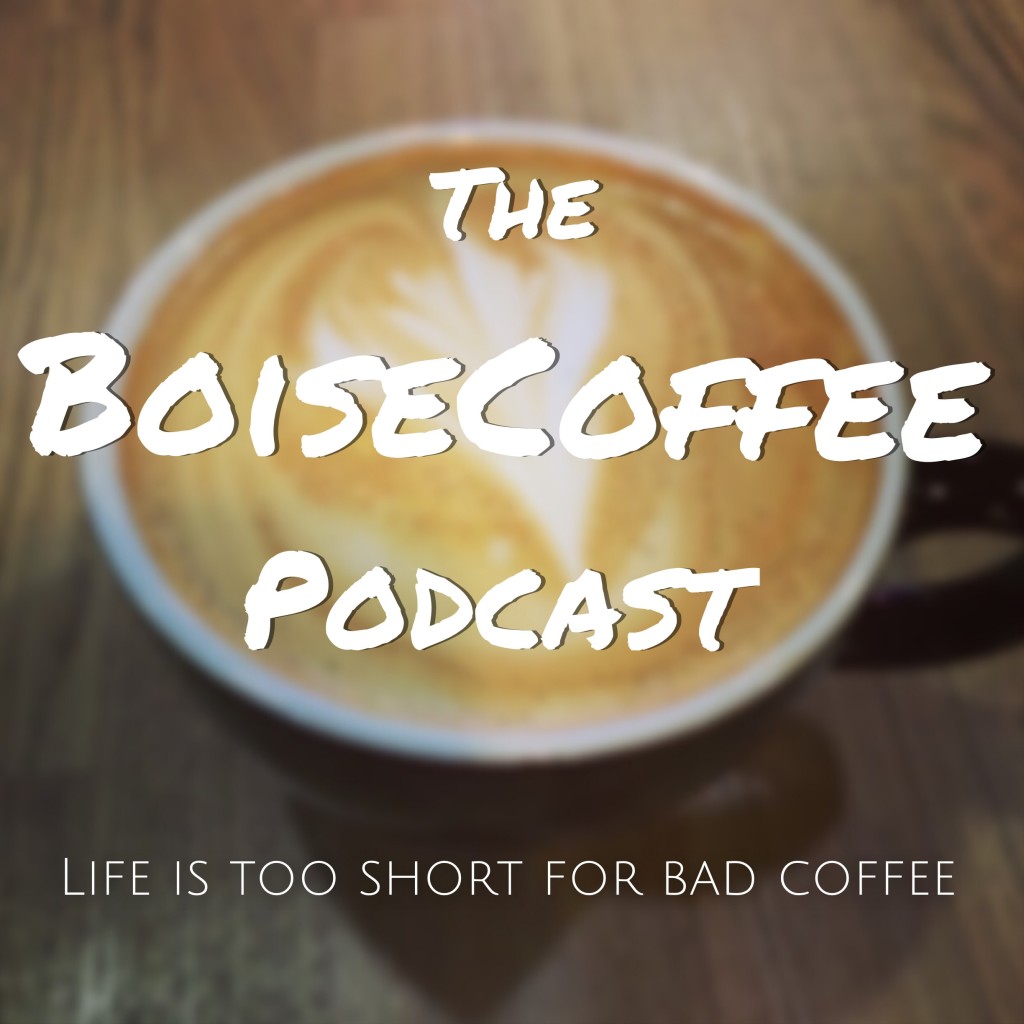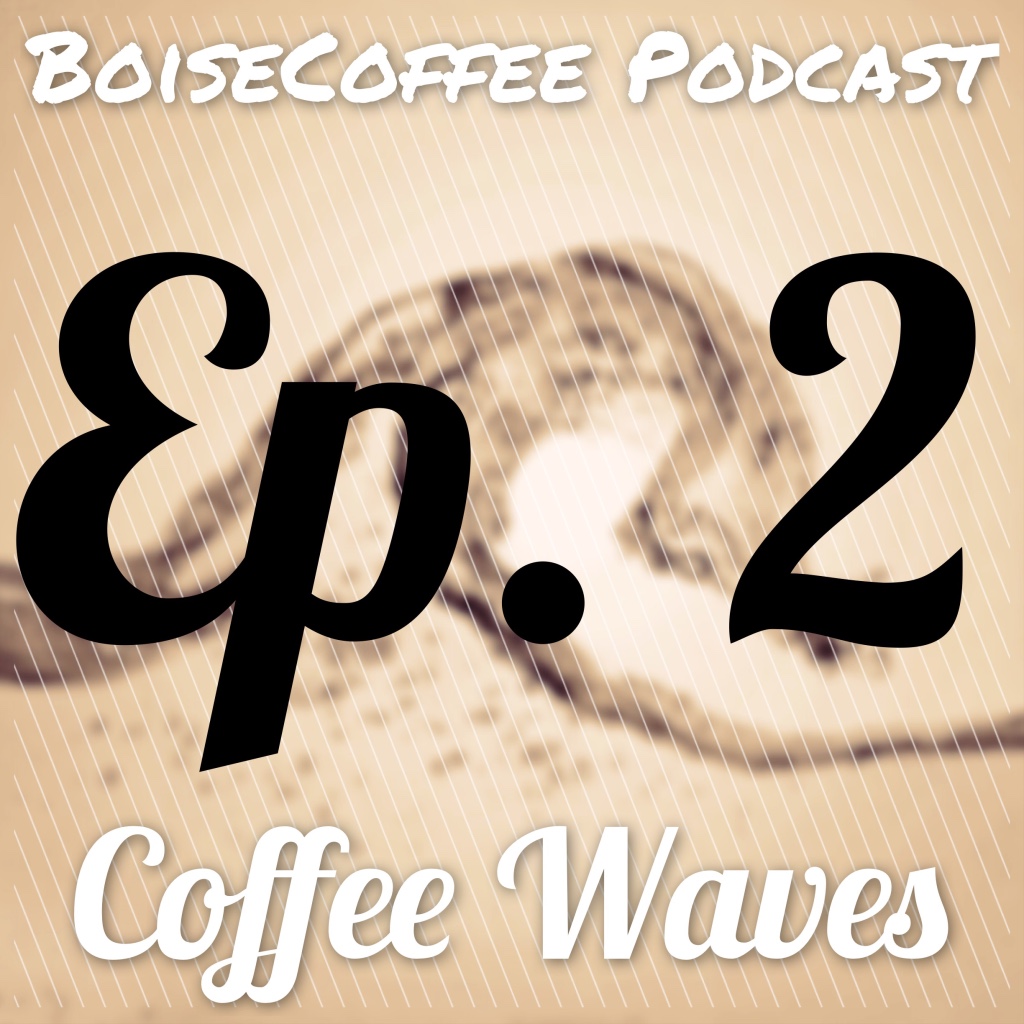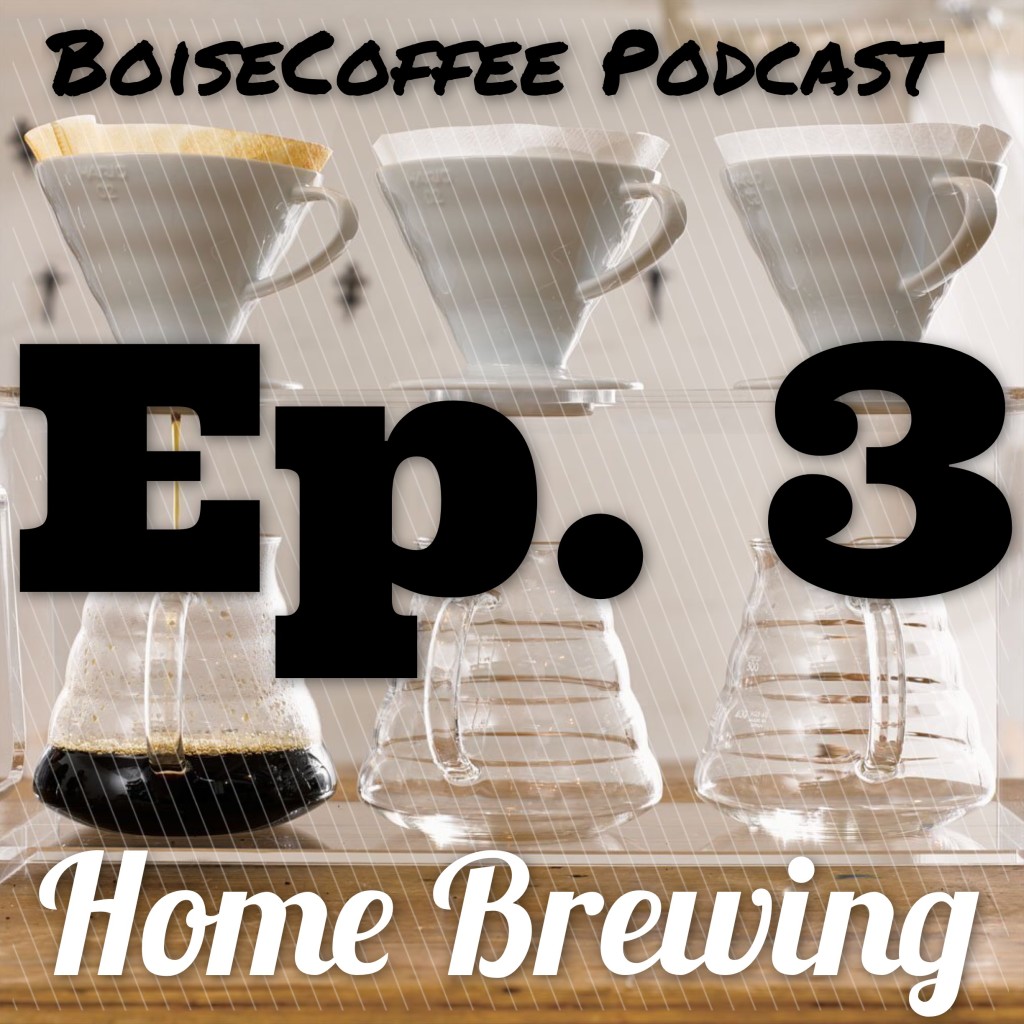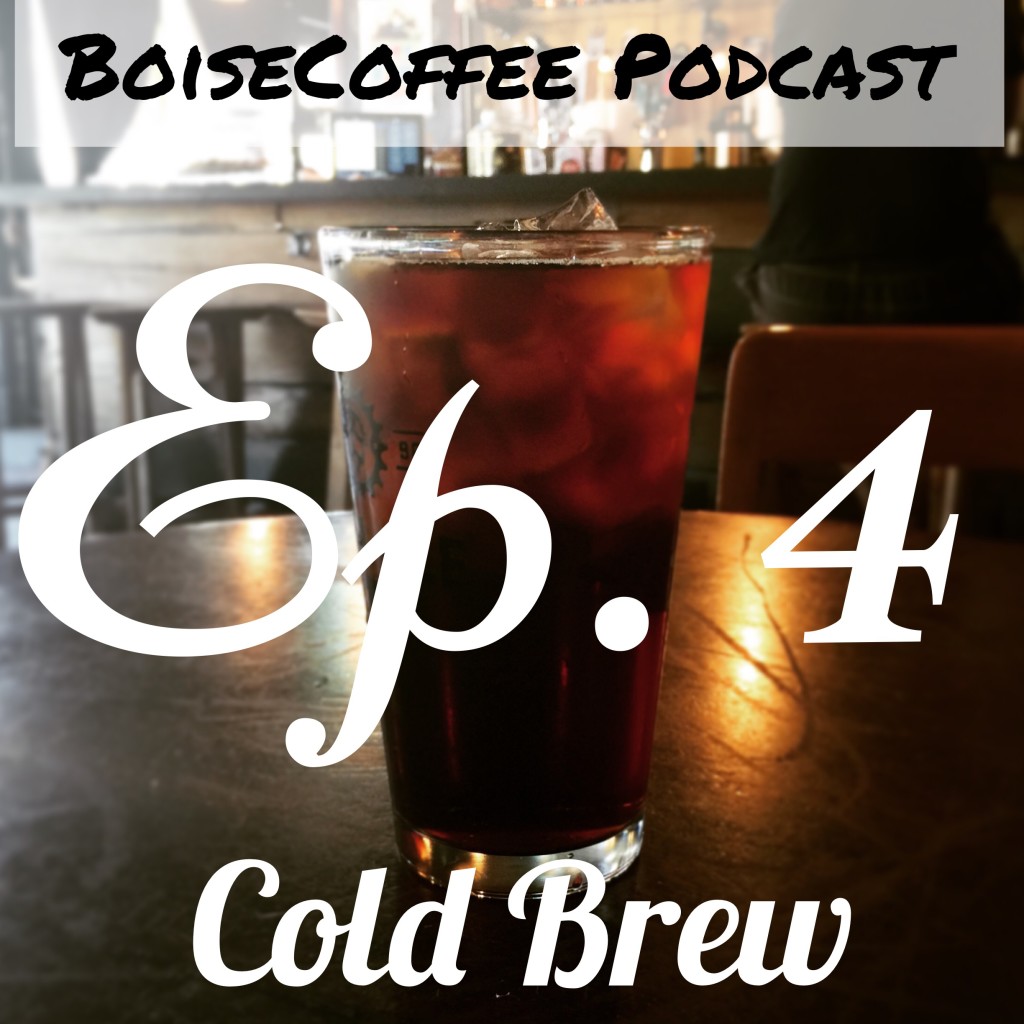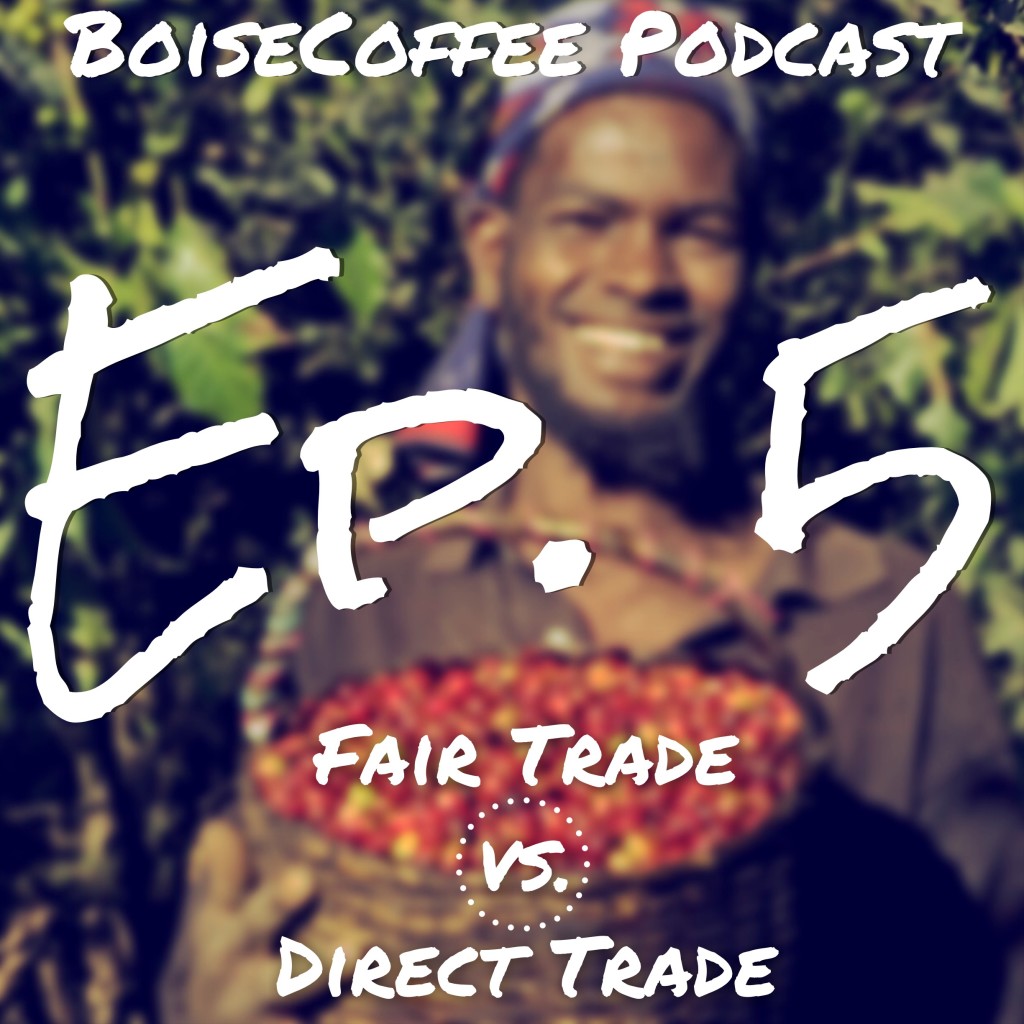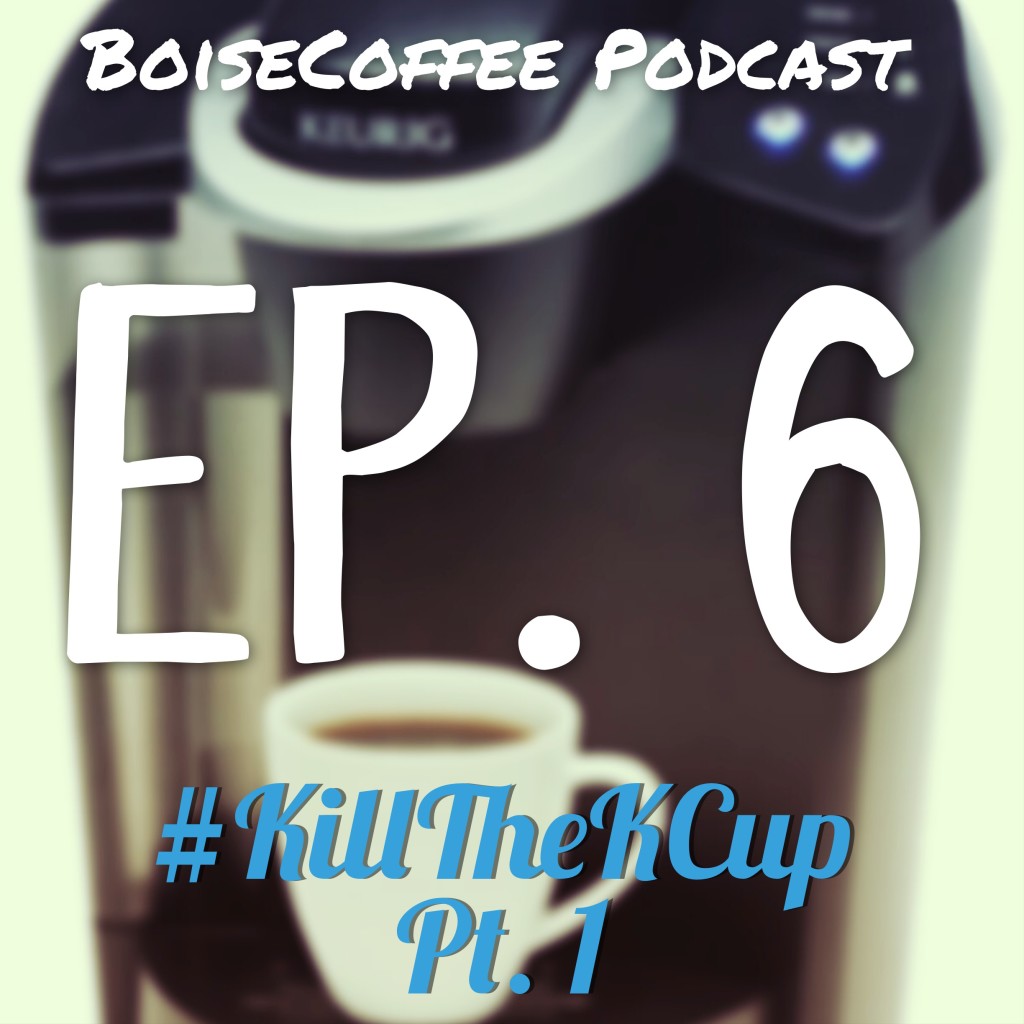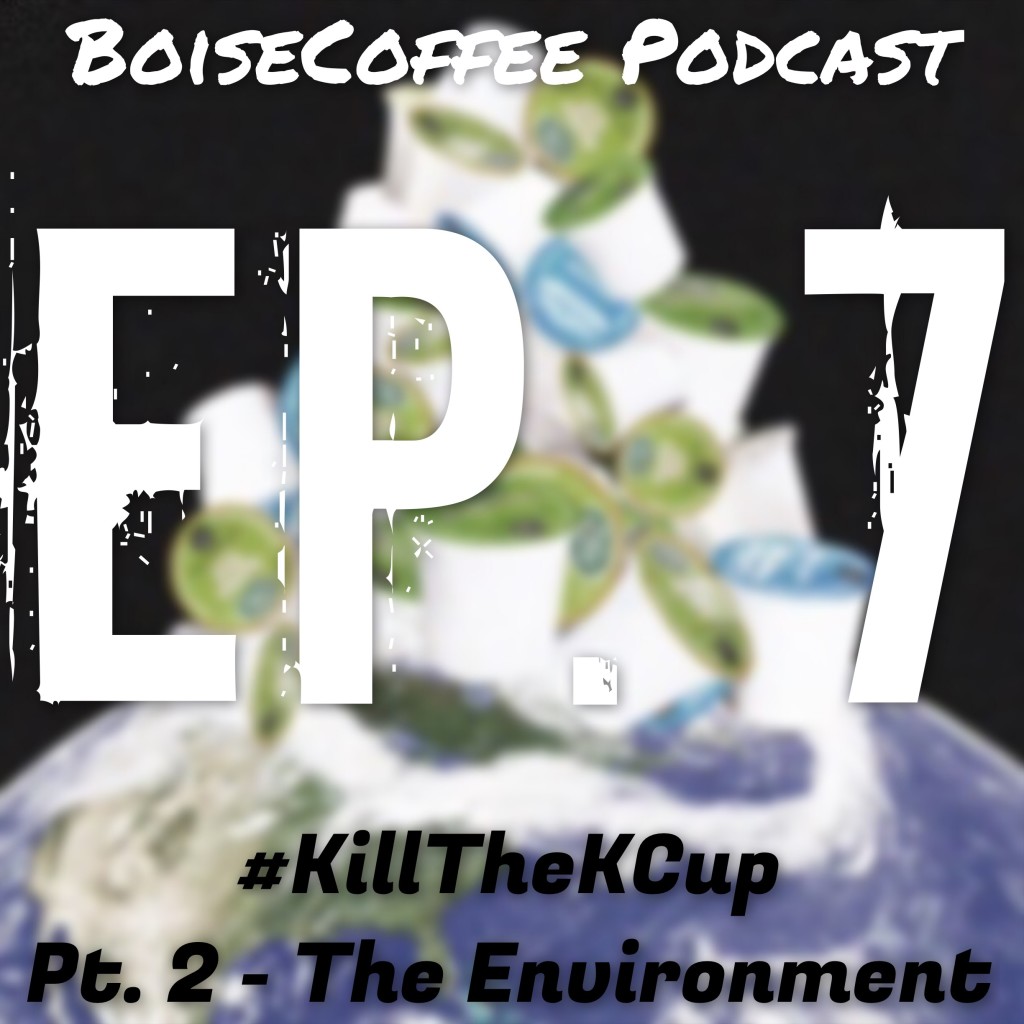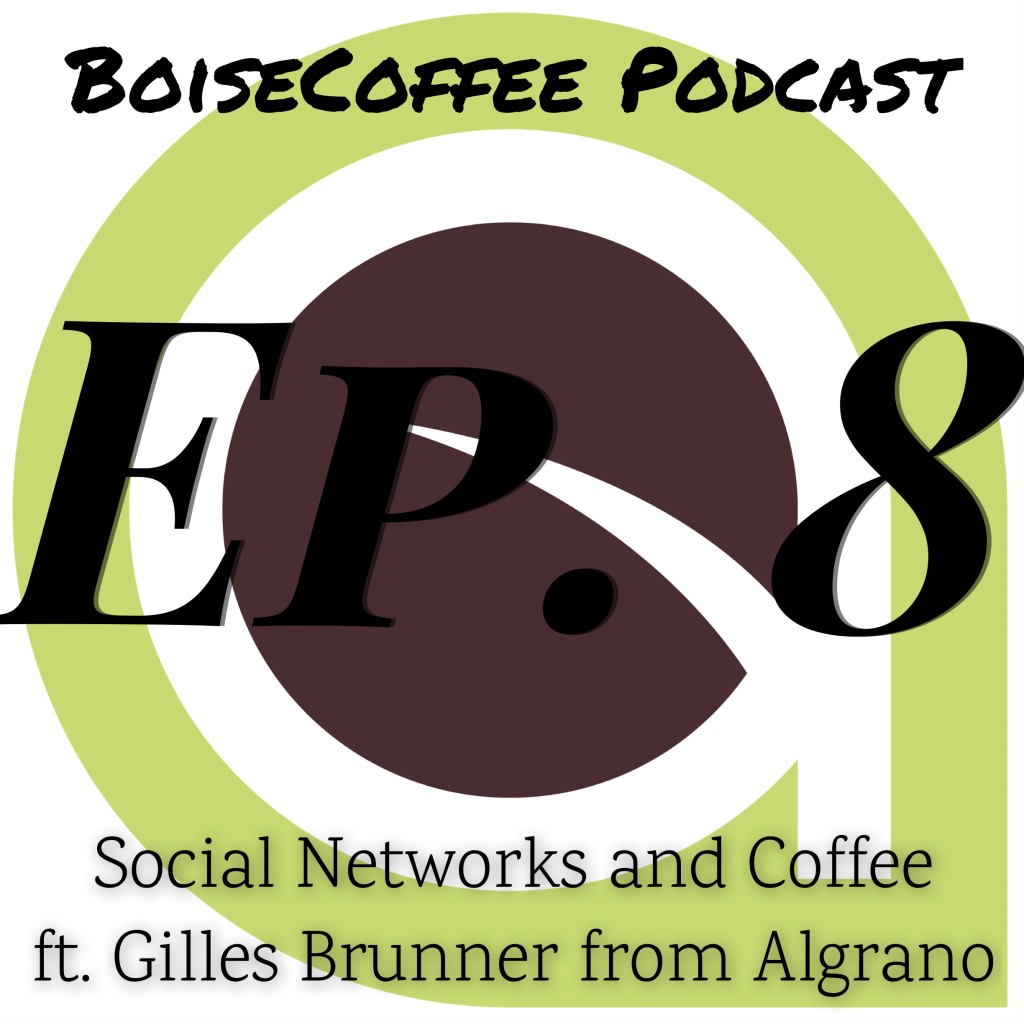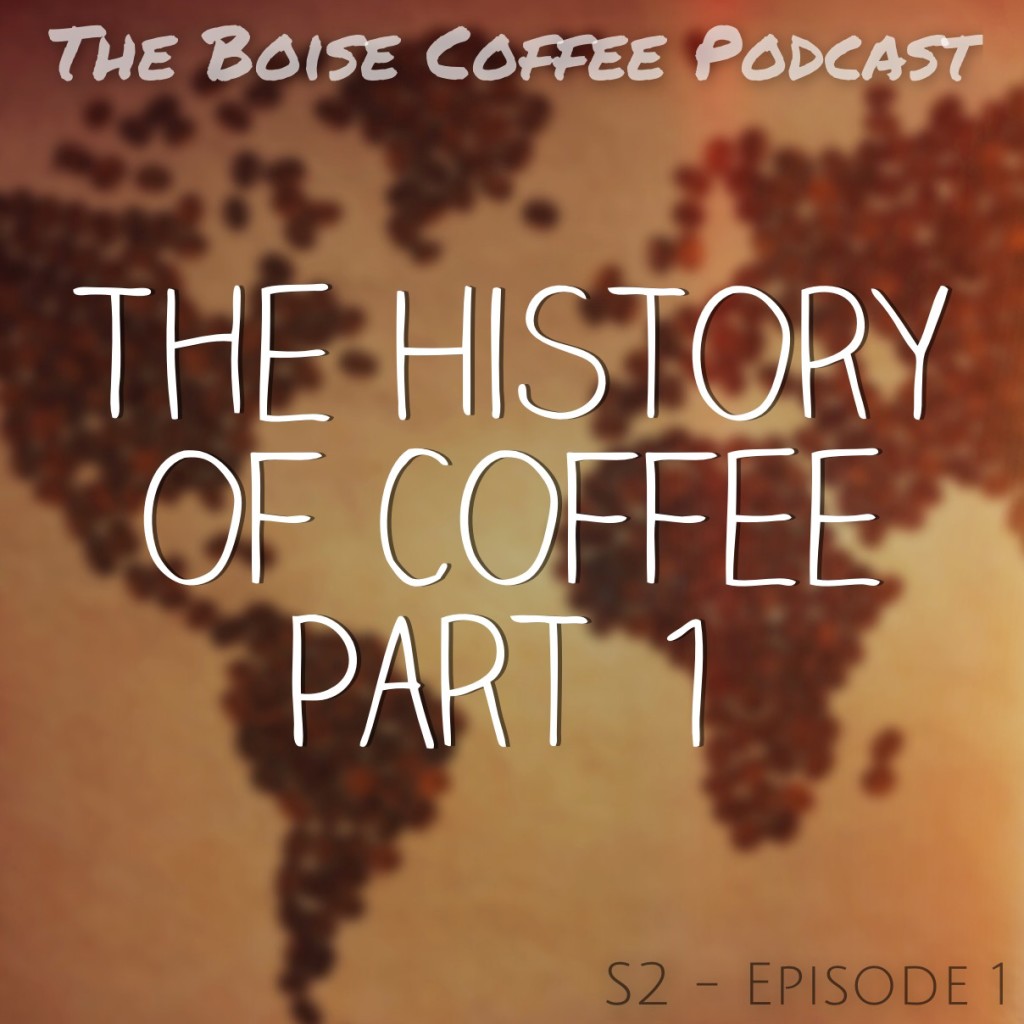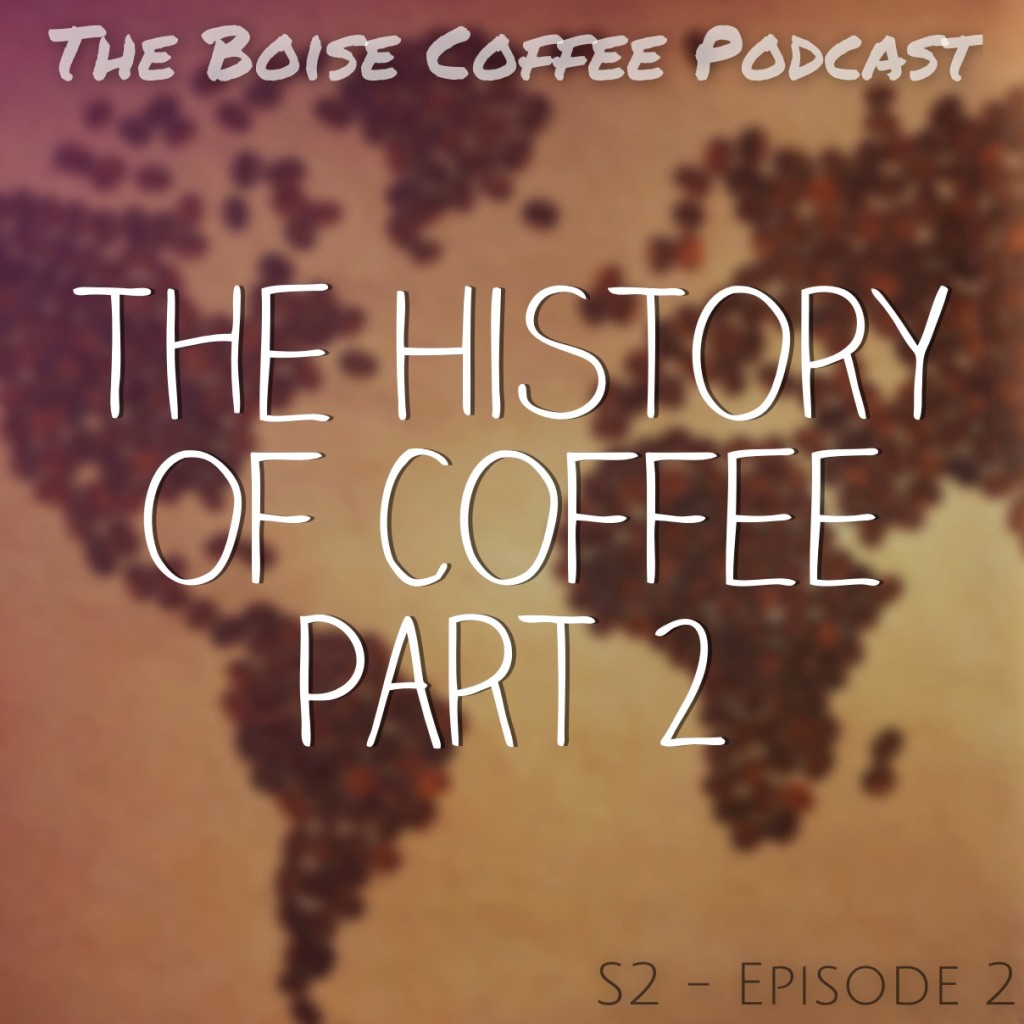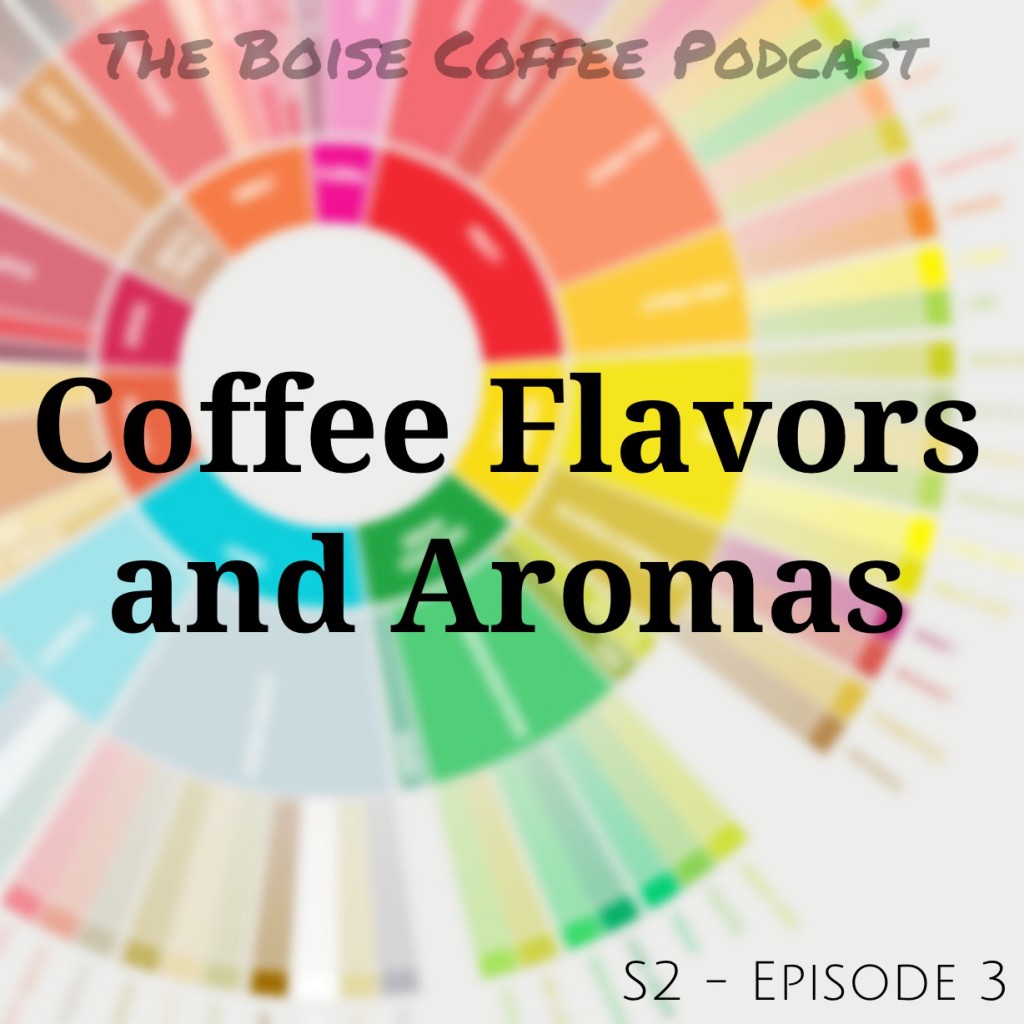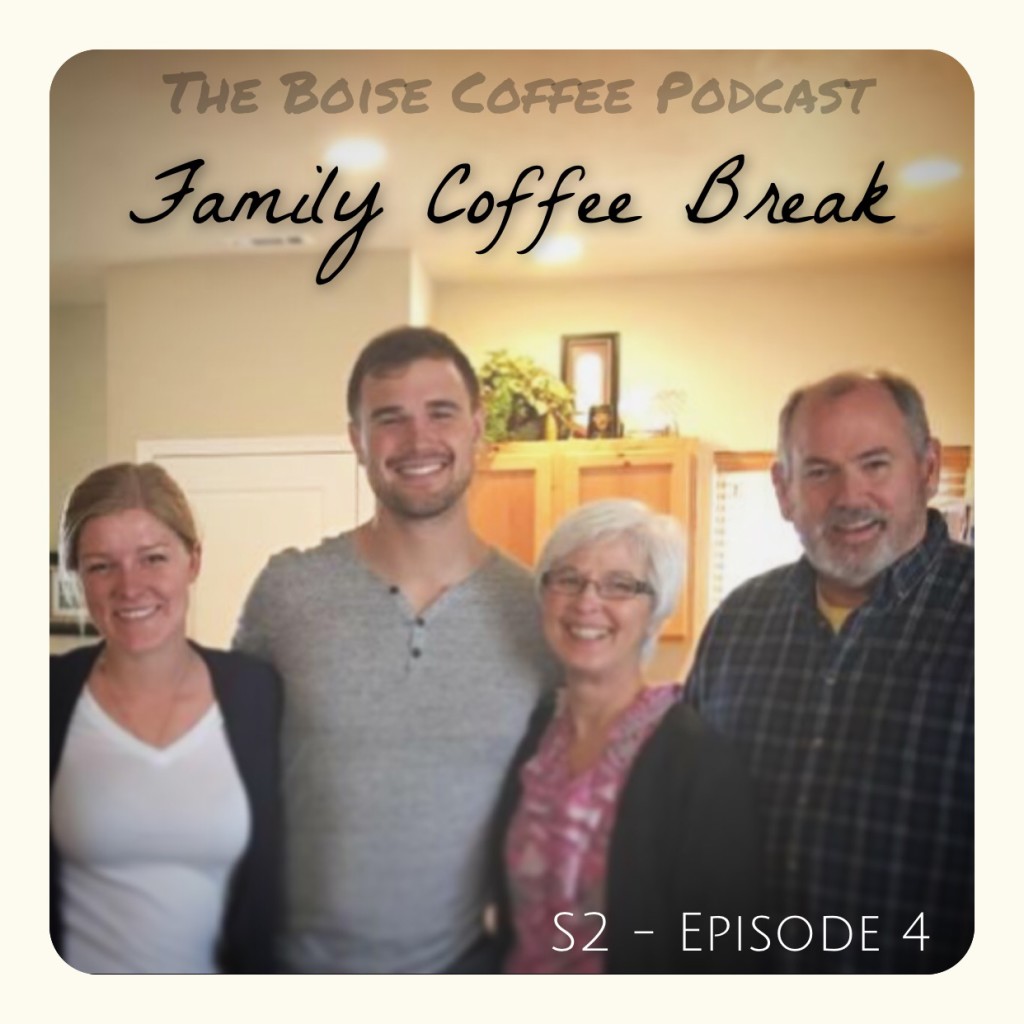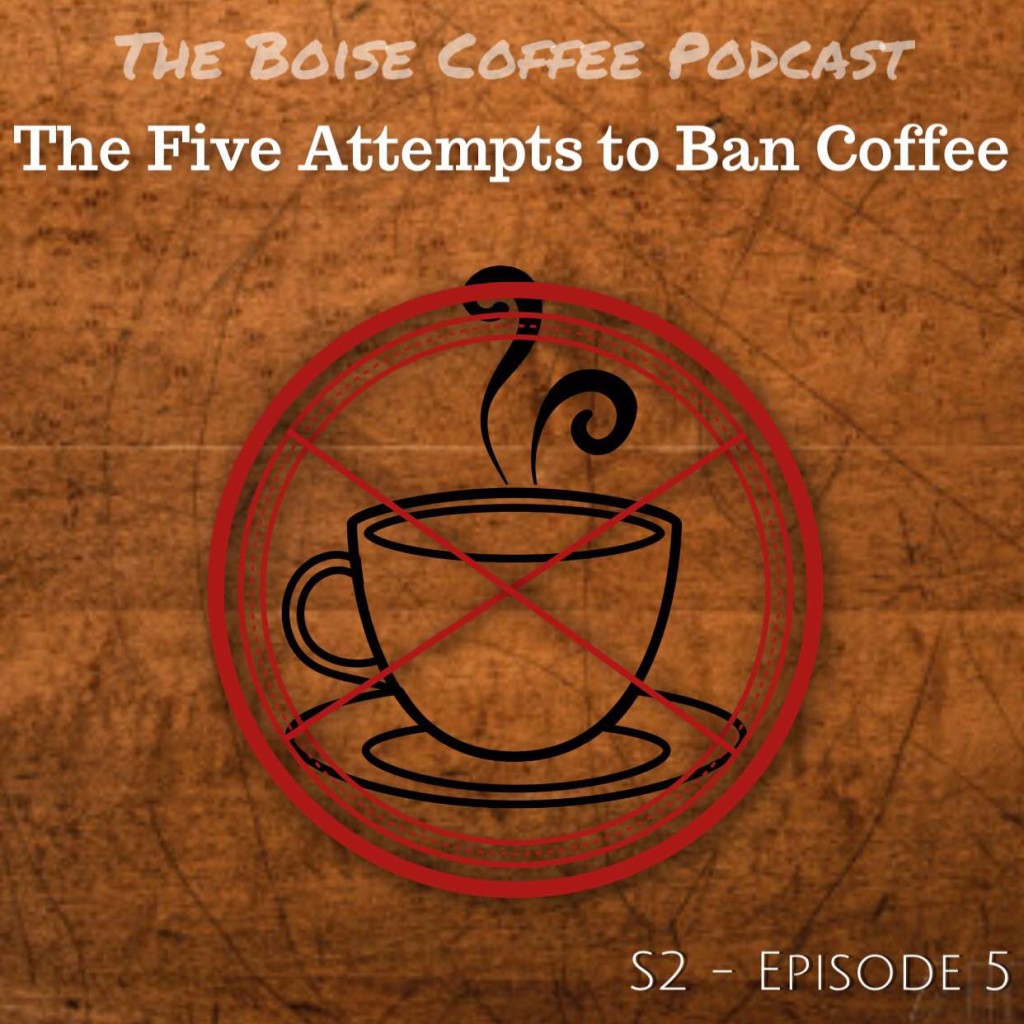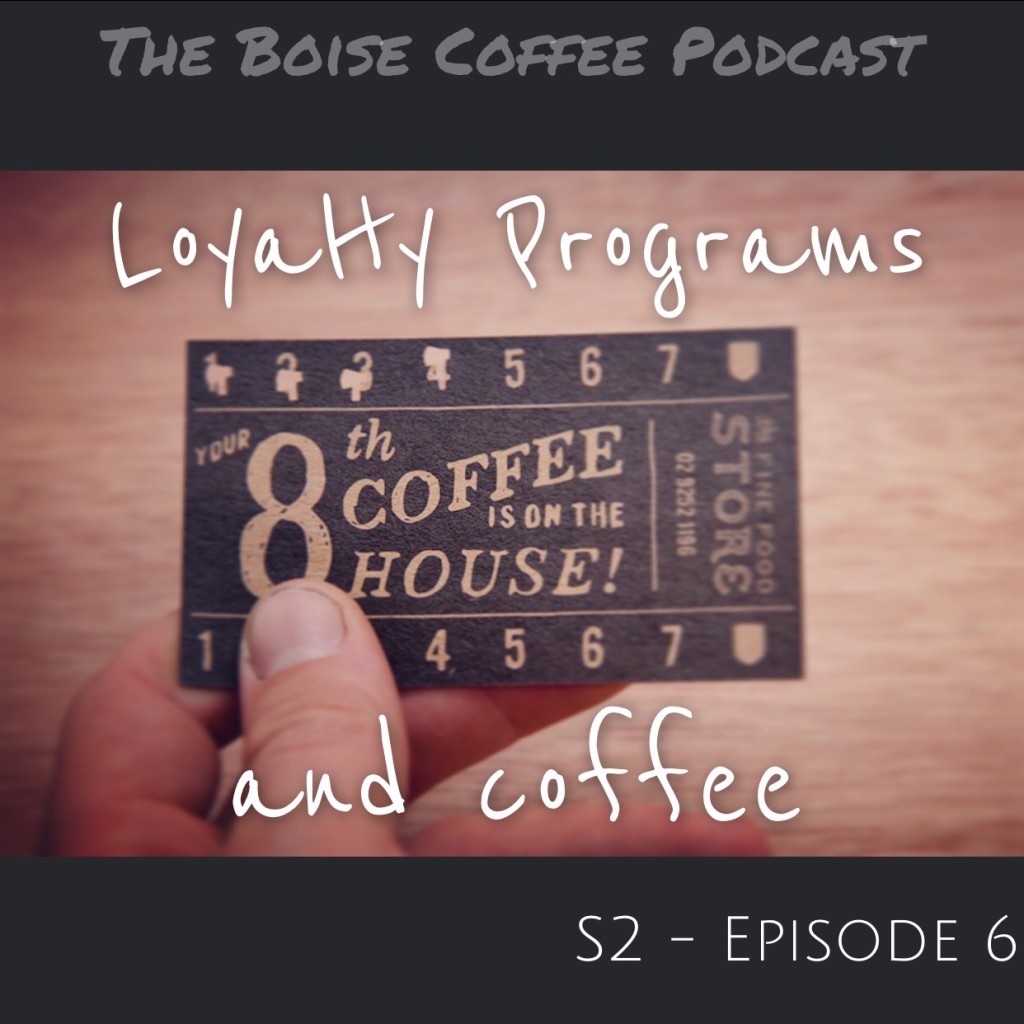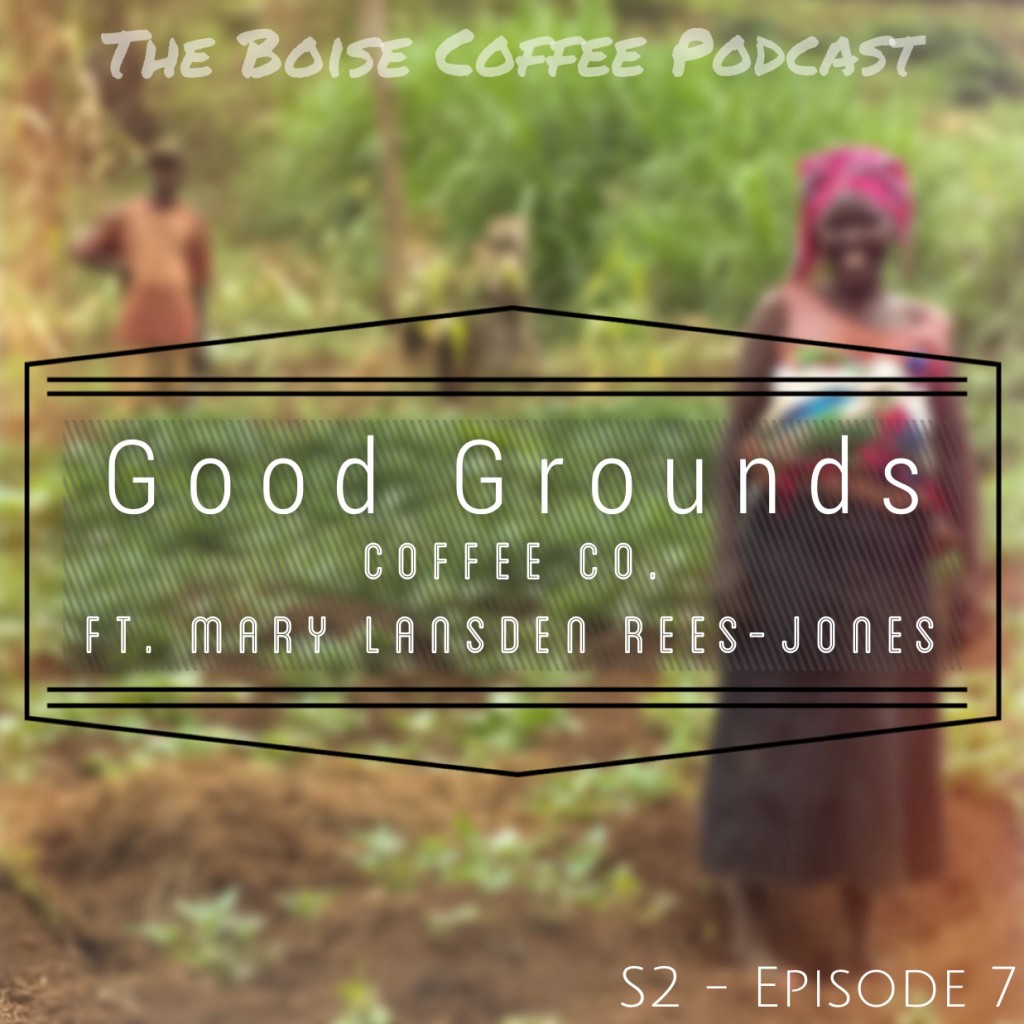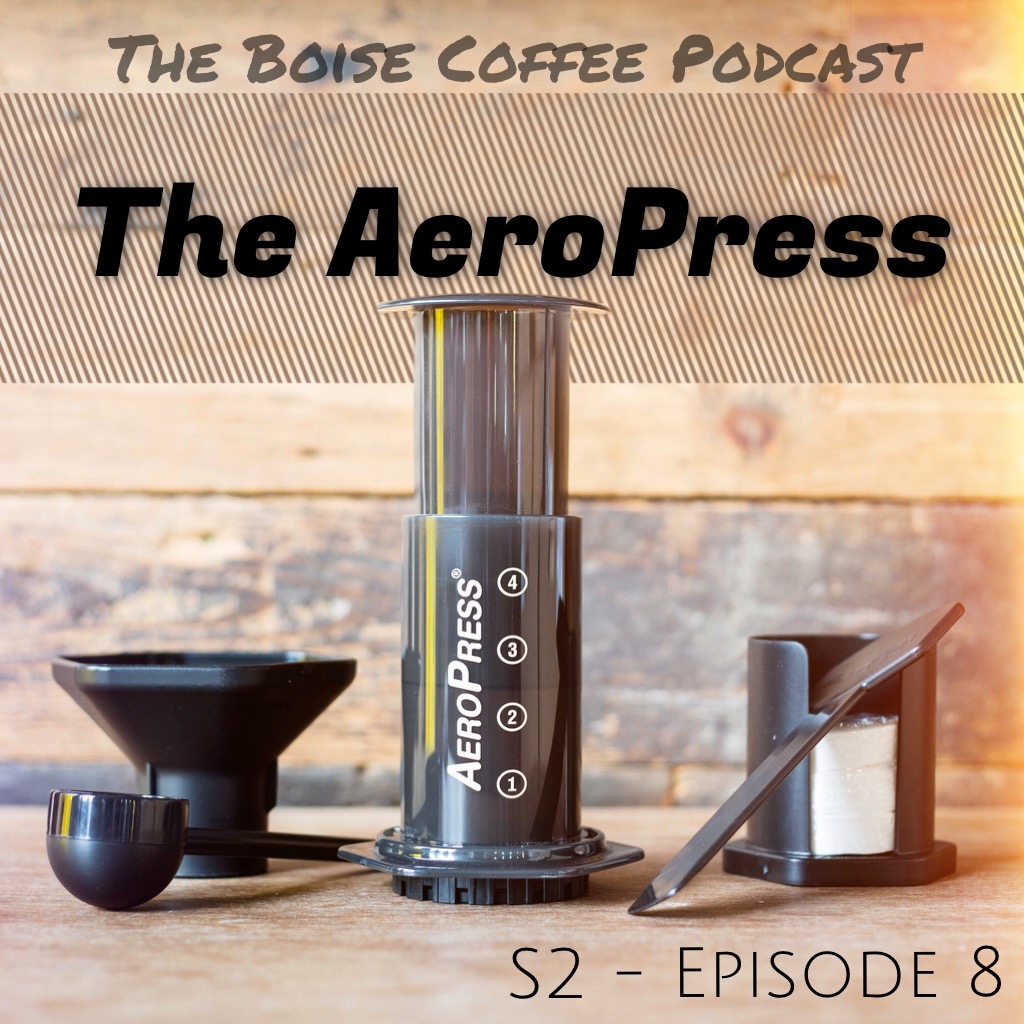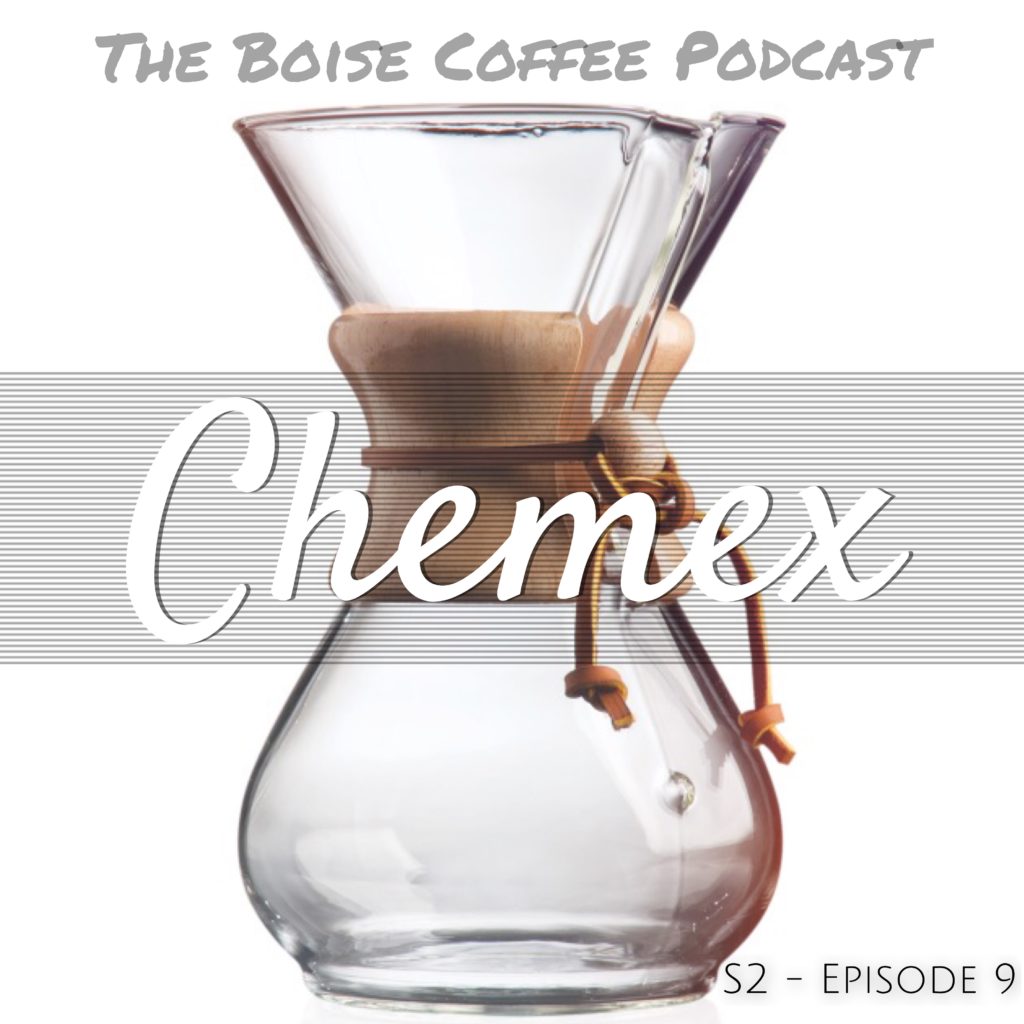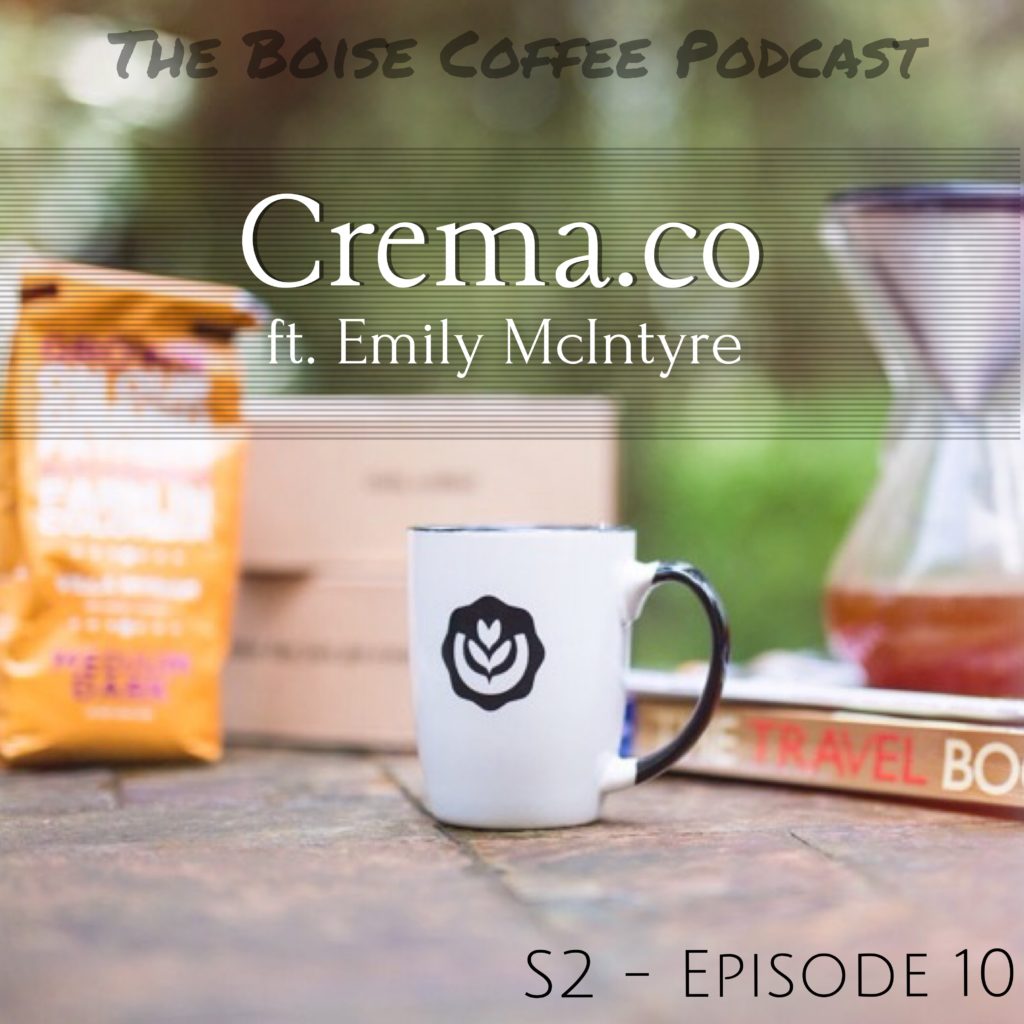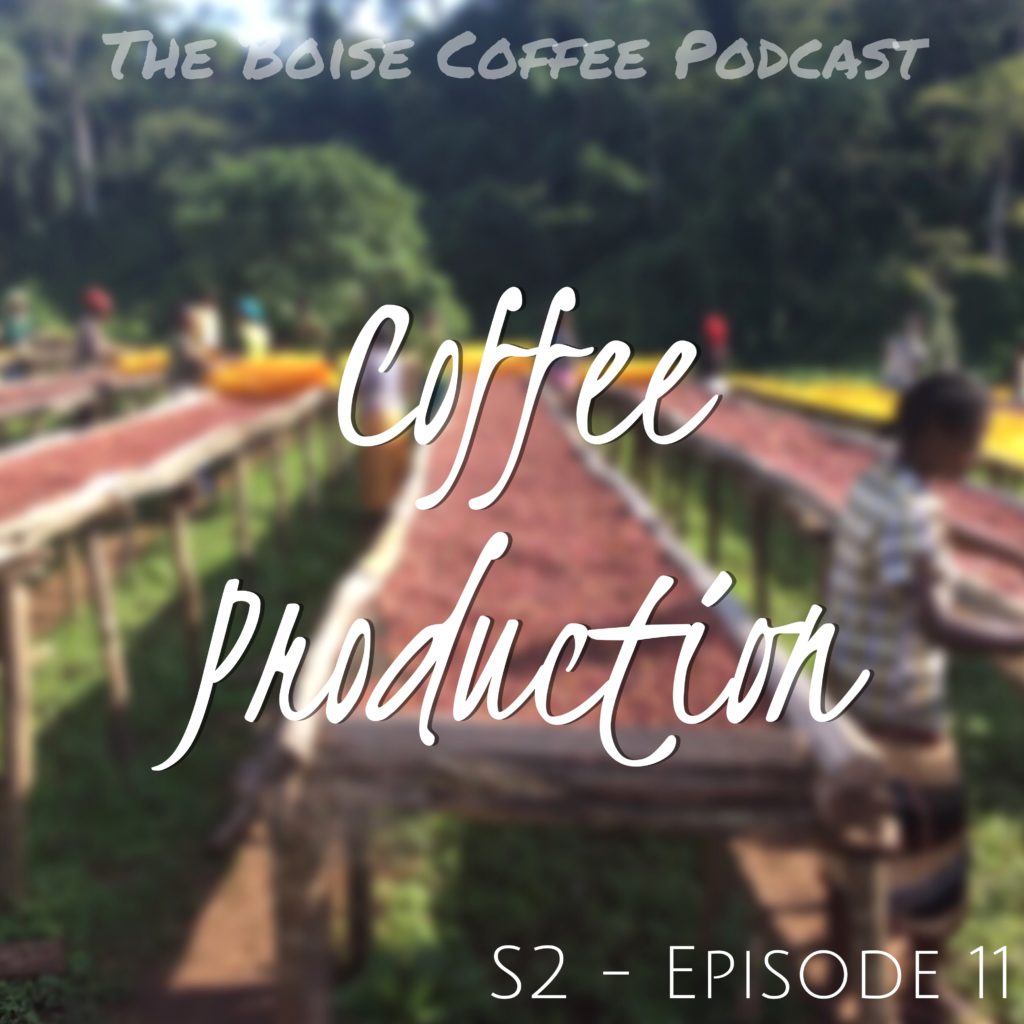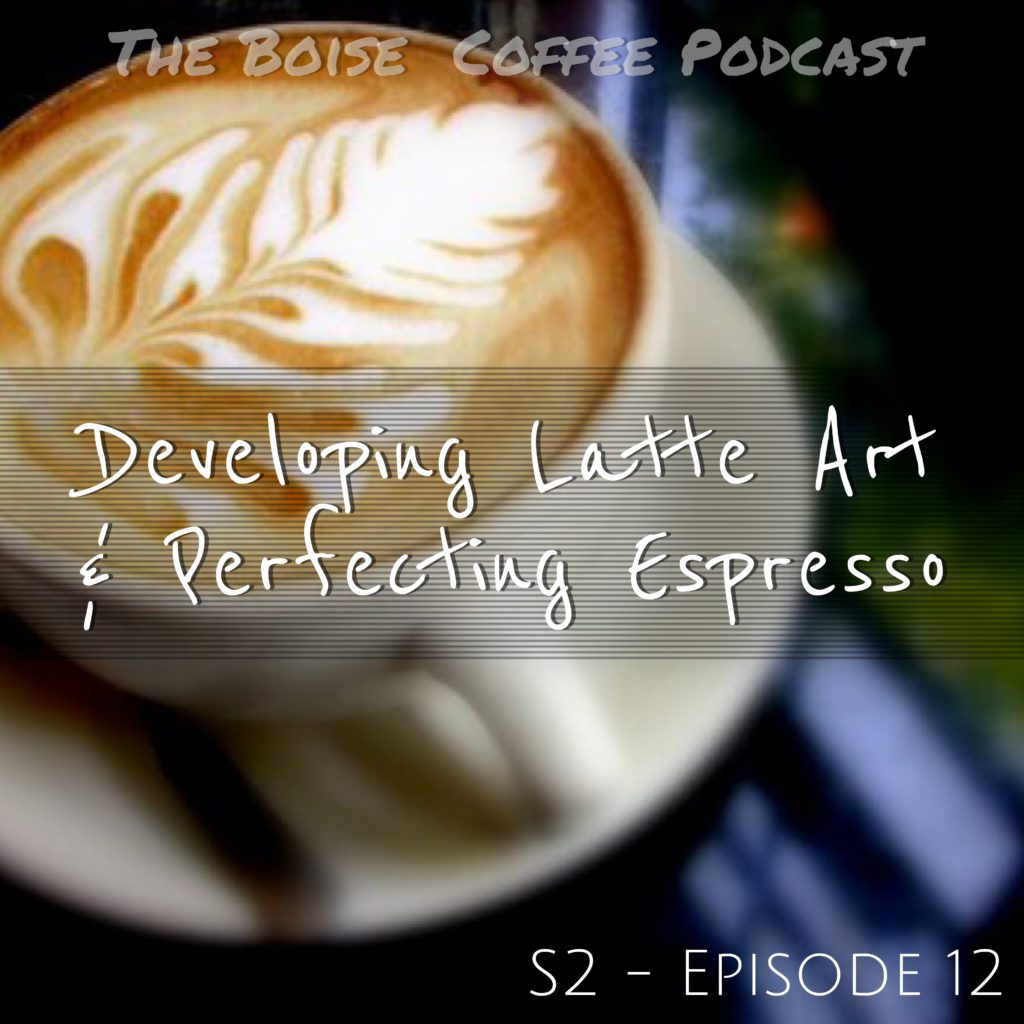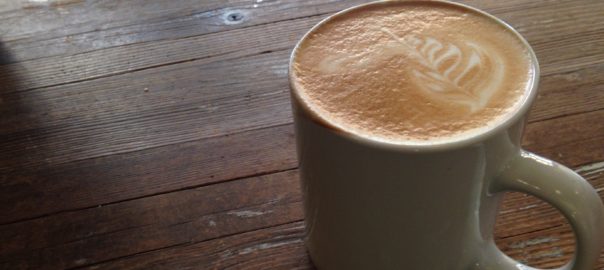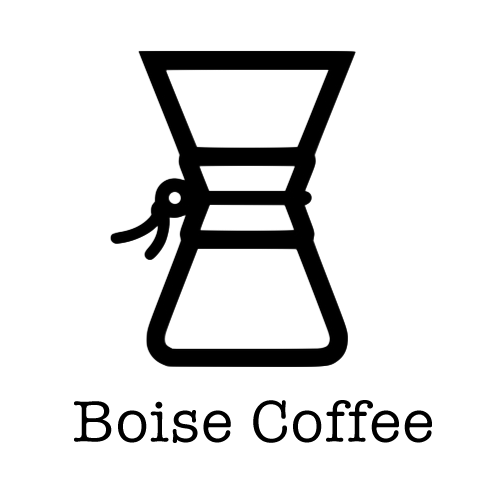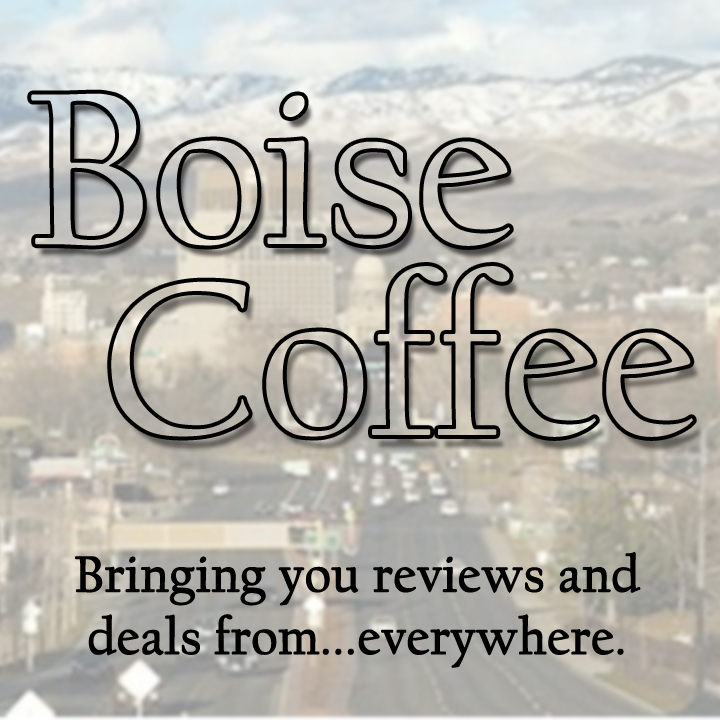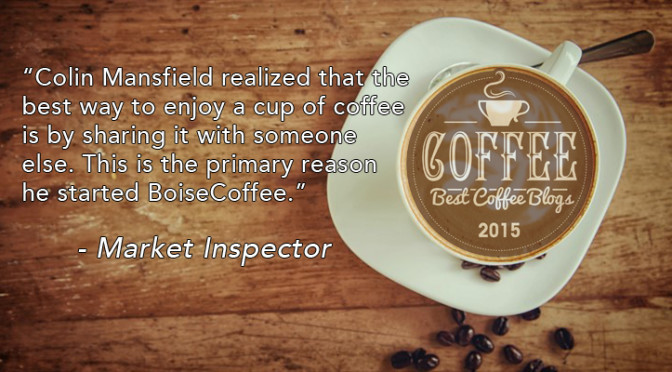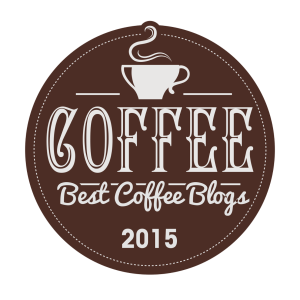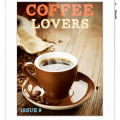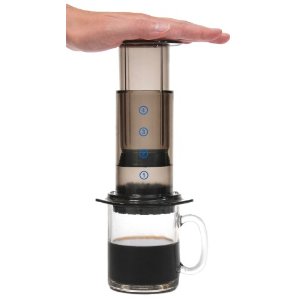One year ago I had the crazy idea that 1) people might want to listen to my voice and 2) people might want to listen to my voice while I talk about coffee. I walked into making a podcast with the same delusions of grandeur that I always do when approaching a new project – optimism is much easier to maintain before the hard works starts.
I quickly found out that podcasting is hard, thankless work. I learned a lot through trial and error. I started listening to more podcasts in general, then had to correct my style when my wife told me I was sounding too much like another guy who hosts a podcast I love. I learned a lot more than lessons that pertain only to podcasting, however. I discovered a lot about making things in general, both good and bad. I found out that having an idea is the easy part, and making that idea a reality is the next easiest part. The hard part is getting people to give a shit about what you make.
The hard part is getting people to give a shit about what you make.
Below are some basic principles and lessons that I’ve learned from my awesome journey through this first year of podcasting. I still don’t have it completely figured out – I’m not sure I ever will – and I’m constantly looking for new ways to improve.
If you’re new to podcasting, the absolutely best advice I can give is this: stick with it. It’s worth the journey.
Producing every aspect of your own show is time consuming. I thought I knew this when I started out, but oh how naïve I was. Having spent many hours behind a computer desk editing videos, I figured that editing audio-only content would be a peace of cake. What I quickly found is that absent visuals, the quality and standard of an audio show needs to be top notch. Scratchy mics, “um’s” and “uh’s,” as well as basic body shuffles while recording can create a frustrating editing experience, especially if you can’t afford the tools that pros use. At the start of the show I was using my iPhone 6 Plus to record, then editing using iMovie. Yes, iMovie. I resisted using GarageBand early on, simply because I was used to editing in iMove, and it has a built in “audio-only” mp3 export mode. Once I got a little more comfortable with recording and editing, I upgraded to a Blue Snowball mic and GarageBand, which is the setup I am currently using. It’s by no means high-end, but a pop-filter and a quite room can do wonders with even a half-decent mic. Another great program I use to help standardize sound across my recordings is Levelator which you’ll find as a recommended program by any podcaster worth his salt. If you’re more of a PC person, a great free audio editing tool is Audacity, though it does have a bit of a learning curve if you’re new to editing.
Producing an episode every week is not sustainable. I have a full time job with the U.S. Army, and I quickly found that trying to fit in writing, recording, editing, uploading, and sharing a podcast episode every weekend is not sustainable for my life. I received a couple complaints after moving to a bi-weekly schedule, but it was my only choice. What’s cool is that this change inadvertently increased the quality of my show – more time between episodes means more time to fully develop the idea for the episode, as well as a looser production schedule. Even more importantly, it means more time with my wife.
The best ideas aren’t forced. This may seem obvious, but the very best ideas that I’ve had for a podcast episode came when I least expected them to. I was least productive during the times where I was rushed, trying to force creativity and come up with a unique idea. Sometimes it helps to go on a walk, watch a TV show, or just get your mind off whatever you’re trying to make.
I’m not concerned with episode length. At the beginning, I swore that I was going for “short form” podcasts – about 20 minutes max. Honestly, this was a limit that I put on myself because I didn’t think I could even reach that. What I found was that some topics (especially interviews) demand longer episodes. No need for fillers to bloat the episode length, or deep cuts to make a time hack. I’ve found that letting the subject-matter determine the episode length just works.
Ideas are easy. Marketing is hard. Or: nobody gives a shit about what you’re making. Here’s the deal: the internet is filled with people trying to sell something. Whether it’s automatically generated ads on Google, or your I-kinda-know-that-person Facebook friend inviting you into their totally-not-a-pyramid-scheme multilevel marketing business, the fact is that nearly everyone is confronted with hundreds of opportunities to spend money online every day. This matters, even if you’re not selling something. I’ve found that friends approach listening to my podcast the same way that they would approach me if I was going door-to-door trying to sell new sets of steak knives. They say “oh that’s nice, I’d love to try that someday” and then shut the door. It’s not personal, it’s not intentionally rude, but it is a reality that I’ve come to accept. Part of my problem is that only a small subset of my friends actively listen to podcasts in the first place. The venn diagram between those friends who do and those friends who are interested in specialty coffee creates a pool of maybe 4 people. So, with that said, Facebook has not been a very great tool for me to advertise about my podcast. Instead, I’ve relied on a combination of SEO, Twitter, Instagram (with plenty of #hashtags about #coffee), Tumblr, Pinterest, and good old fashioned word-of-mouth. Surprisingly, I’ve developed a strong Tumblr following, gaining over 1000 followers in only a matter of months. Twitter has also been huge – I’ve had some success with cold-Tweeting to people using #coffee, #Chemex, etc., but the real gold has been having a few fans tweet about my podcast to their friends. That’s where word-of-mouth fits in.
Marketing is this weird combination of effort, tenacity, skillful targeting, and pure luck. I had one of my episodes get picked up on Reddit, making the front page and garnering my website over 14,000 hits in two days. It was the highest traffic BoiseCoffee.org had ever seen in the 7+ years I’ve had it, by about double. It was great. But, within 3 weeks, it was over. Did I gain any listeners? I’m sure I did, even if just in the short term. What it really showed me, however, is that viral links are flashes in the proverbial pan. The real test is what you do after the moment has passed. Do you chase after the crowd, or do you keep doing what made the crowd show up in the first place? To me, making an episode that I’m proud of trumps targeting a specific demographic of people.
Small bursts of encouragement help a lot. I’ve had a handful of listeners reach out to me over the last year to let me know that they appreciate my podcast and enjoy the content. I didn’t start the podcast to be appreciated or noticed, but I’ve found that it really, really helps. Most weeks are filled with a low volume of listeners and not a lot of discussion. Many times, these small rays of encouragement show up at just the right time, and they mean a lot to me.
I solo differently than I interview. I started the podcast with a free-form style where I used a list of bullet points and tried to steer myself in a general direction. I found that this made editing a pain in the ass (lots of pauses and filler words as I gathered my thoughts) and the best fix was to write myself a script. I ended up liking scripting more as it put a bigger emphasis on preparing for an episode as opposed to just winging it. It has also given me more time to work on my writing, which is always a plus. Scripts really don’t work when I interview a guest, however. Keeping it a discussion is the best way to relax a guest (it’s much more natural than trying to stick to some lines you wrote), and to flow from topic to topic without having to figure out some kind of weird segue.
Editing long-distance interviews can be totally easy, or totally sucky. If you’re going to interview someone over Skype, FaceTime, phone or any other similar means, ensure that your guest has a way to record only their voice on the other end. For these purposes, an iPhone or Android phone will work just fine – their mics really aren’t too bad. When you record on your end, use headphones so that your computer is only recording your voice. Ask your guest to do the same. After the interview/episode is over, ask your guest to send you their “half” of the interview (Dropbox or something similar works great). This will give you two files: one with just your voice, and one with just their voice. From here, you can edit them together, which gives you much greater production freedom, as well as the ability to eliminate any sound hiccups or delays that happened as a result of a poor internet connection. If you do this any other way, you’ll be left with a single take that either sounds good or doesn’t, and editing will be a crap shoot at best. Trust me. On the first interview I recorded, I stuck the mic next to my computer speakers to pick up the Skype call. It worked, but only just.
Advertisers are easier to pick up, but difficult to make money off of. I’ll be honest: it would be awesome to make big bucks off of my podcast. I’d love to attract thousands of listeners per episode, and be approached by MailChimp to be the next Serial. But, let’s be honest: it’s unlikely. I decided early on to not consider advertising until I felt comfortable with the format and content of my show. Once I hit that point, I started with an Audible affiliate account. Soon after (by coincidence, mostly), I was approached by both an interested advertiser (real money), and a company that aggregates prospective advertisers (affiliate). I’m not exactly rolling in the Benjamin’s, but it’s a great start.
Let’s be real here, you probably aren’t going to make the New and Noteworthy section. I know I’m skipping around a little bit here, but this piece of advertising is worth revisiting. Most online “start a podcast today!” tutorials mention making Apple’s “New and Noteworthy” section as a goal for any prospective podcaster. I’ll say it now: don’t do that. Don’t make a popularity contest be the goal of your new podcast from the get-go. Start by making something you’re passionate about and proud of. If it makes New and Noteworthy, awesome. If it doesn’t, keep pushing. Don’t sweat it. I say this, because I really really really wanted to make it in New and Noteworthy. I really thought I would, too. But then I didn’t, and I got sad for no reason. Then I realized that I was making a kickass show, and it didn’t really matter if I made it onto some list. I enjoy making the show, which is why I do it. It helps to have listeners, of course, but I’m fine with a core group of dedicated people who actually like what I’m making. Again, don’t focus on the flash-in-the-pan advertising opportunities.
Don’t miss a week. If you’re going to be one, two, three, four days late uploading an episode – fine. But don’t miss a week. I get it, life gets in the way. Try to plan ahead, create some spare episodes for a rainy day, or something similar. Or hell, if you have enough episodes already uploaded, feel free to re-post an old one. Just don’t miss a week. If you do, your stats will go down, your listeners might unsubscribe, and the world might end. But really – it’s a matter of respect. You have this unspoken contract with your listeners. They look forward to your content, and you provide that content. If you can’t or don’t provide it, they’ll stop looking forward to it. It’s that simple.
Music matters. Like in any form of media, great music can turn a decent show into a truly awesome one. Checkout Lore as a great example – his writing, combined with the soft piano creates this creepy, unsettling tone that’s absolutely perfect for the show. I’m still working on this for The Boise Coffee Podcast, but I think I’m moving in the right direction.
Use podcasting communities. This is perhaps one of the least talked about elements to getting your show out there. Most podcasters listen and review other podcasts. If you’re trying to get some listeners early on, an easy way to do that is to approach communities like /r/podcasts and /r/podcasting on Reddit. They host weekly threads, starting on Mondays, where you can drop a link and description to your newest episode. Most online communities don’t take kindly to self-promotion, but these are exactly the opposite. There are even users who will provide you with feedback on how to make your show better, completely free of charge. These communities are also question-friendly. If you want to get some second opinions about the best mics or software to use, these subreddits are a great resource.
Apart from Reddit, there are plenty of podcast hosts on Twitter who are eager to swap information and get a little quid pro quo out of your online interaction: tweet about their show, and they’ll tweet about yours. There’s no substitution for true word-of-mouth from people who enjoy your podcast, but then again free press is free press.
To wrap up, over the last year I’ve learned a ton about all the effort that artists and producers put into their projects. My appreciation for professionals has increased tremendously, and I stand in awe of the part-timers who’s shows sound like they are professionally made. I’m still very much in the learning phase with my own show, and I’m excited to see where this next year of podcasting will take me. Most importantly, I’ve truly had a lot of fun figuring out what The Boise Coffee Podcast brings to the table, and I’m proud of the result.
Check out The Boise Coffee Podcast on iTunes here. If you like what you hear, please leave me a review!
Colin
